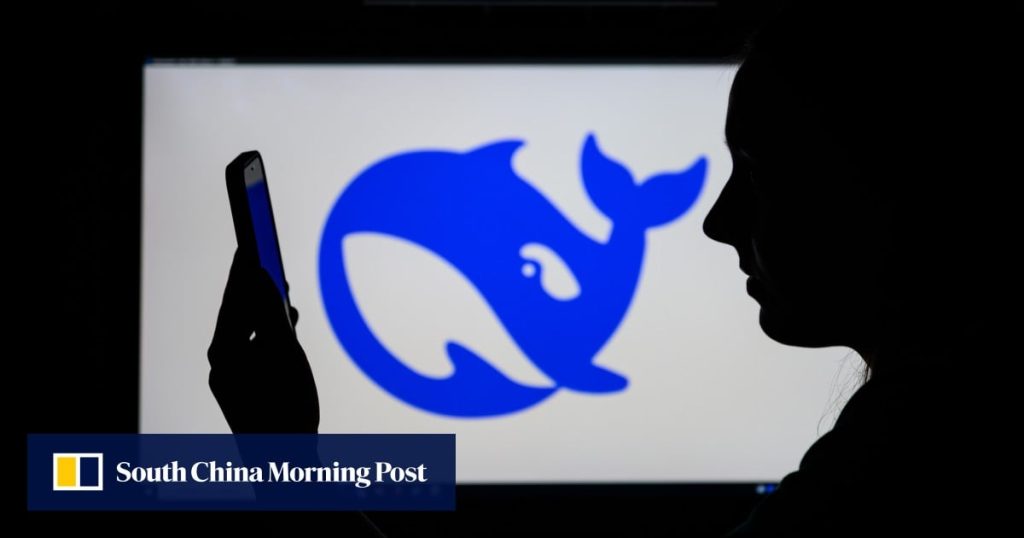DeepSeek has revealed details about the risks posed by its artificial intelligence models for the first time, noting that open-sourced models are particularly susceptible to being “jailbroken” by malicious actors.
The Hangzhou-based start-up said it evaluated its models using industry benchmarks as well as its own tests in a peer-reviewed article published in the academic journal Nature.
American AI companies often publicise research about the risks of their rapidly improving models and have introduced risk mitigation policies in response, such as Anthropic’s Responsible Scaling Policies and OpenAI’s Preparedness Framework.
Chinese companies were less outspoken about risks, despite their models being just a few months behind their US equivalents, according to AI experts. However, DeepSeek had conducted evaluations of such risks before, including the most serious “frontier risks”, the Post reported earlier.
The Nature paper provided more “granular” details about DeepSeek’s testing regime, said Fang Liang, an expert member of China’s AI Industry Alliance (AIIA), an industry body. These included “red-team” tests based on a framework introduced by Anthropic, in which testers try to get AI models to produce harmful speech.



.jpg?itok=gnISwi22)